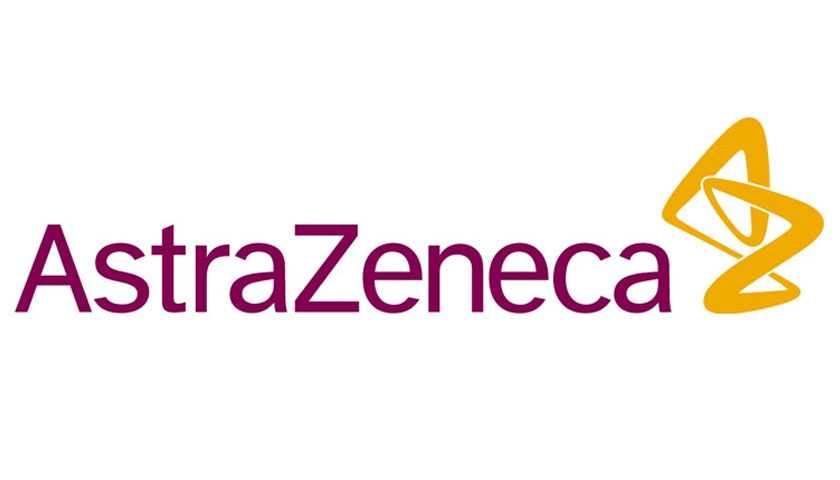AstraZeneca has completed the studies that support the first regulatory filings for the transition of Breztri/Trixeo Aerosphere (budesonide/glycopyrronium/formoterol fumarate or BGF) to an innovative, next-generation propellant with 99.9% lower Global Warming Potential than propellants used in currently available inhaled medicines.
Breztri is a triple-combination therapy for chronic obstructive pulmonary disease (COPD) and will be the first medicine in AstraZeneca’s portfolio of pressurised-metered dose inhalers (pMDIs) to transition to the new propellant. Clinical programmes for the transition of AstraZeneca’s wider pMDI portfolio to the new propellant are underway. While pMDIs contribute less than 0.04% of global greenhouse gas emissions, AstraZeneca is committed to significantly reducing this burden.
Omar Usmani, Professor of Respiratory Medicine at Imperial College London and co-ordinating study investigator, said: “Respiratory medicines delivered in pressurised metered-dose inhalers are essential for millions of people living with respiratory disease worldwide, including specific vulnerable populations such as children and the elderly. Transitioning to inhaled respiratory medicines using a propellant with a carbon footprint similar to non-propellant-based inhaled medicines is critical for planetary health in reducing the carbon footprint, while addressing patient needs and healthcare professionals’ ability to achieve optimal clinical outcomes.”
Sharon Barr, Ph.D, Executive Vice President, BioPharmaceuticals R&D, AstraZeneca, said: “Essential, life-saving medicines delivered to patients by pressurised-metered dose inhalers are the most used treatments in respiratory care and ensuring access to them based on clinical need is critical to optimising patient outcomes. We have now completed the studies that support the first regulatory filings to transition Breztri to the innovative propellant with near-zero Global Warming Potential as part of our commitment to patients and the planet.”
Results from the studies for Breztri with the next-generation propellant will be shared with regulatory authorities, with first submissions in Europe, the UK and China expected before the end of 2024.
AstraZeneca is studying the medical grade version of HFO-1234ze, a next generation propellant, for use in its portfolio of pMDI medicines. Data from two Phase I studies of systemic and lung bioequivalence were presented at the American Thoracic Society (ATS) 2024 Conference in May, and results from the Phase IIIb bronchospasm study are being presented at the European Respiratory Society (ERS) Congress 2024. Additional data will be presented at forthcoming medical meetings.
Chronic respiratory diseases including COPD and asthma affect hundreds of millions of people around the world. Respiratory inhaled medicines delivered by pMDIs account for 78% of inhaler usage globally. Reducing the carbon impact of pMDIs is a key product-related element of AstraZeneca’s Ambition Zero Carbon strategy, alongside the company’s commitment to improving patient outcomes. Implementing evidence-based guidelines into clinical practice can reduce exacerbations and hospitalisations, and the resulting improved patient outcomes may also decrease the overall carbon footprint associated with respiratory care.


